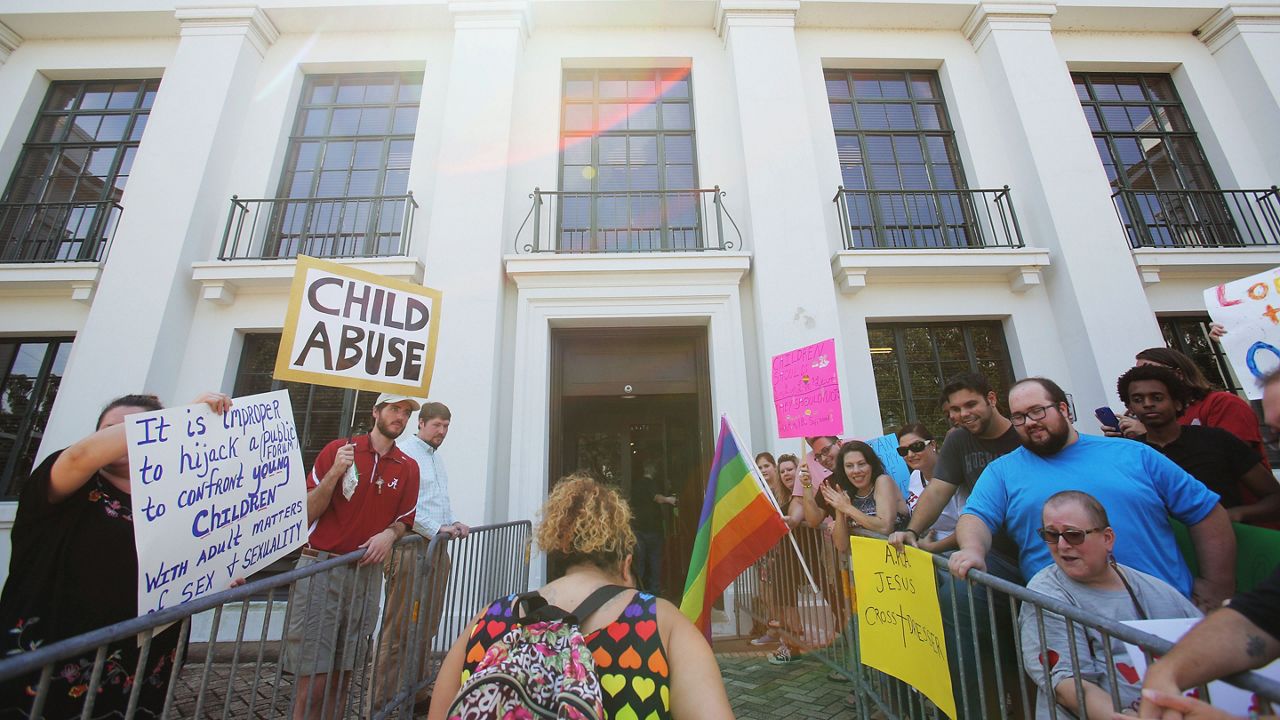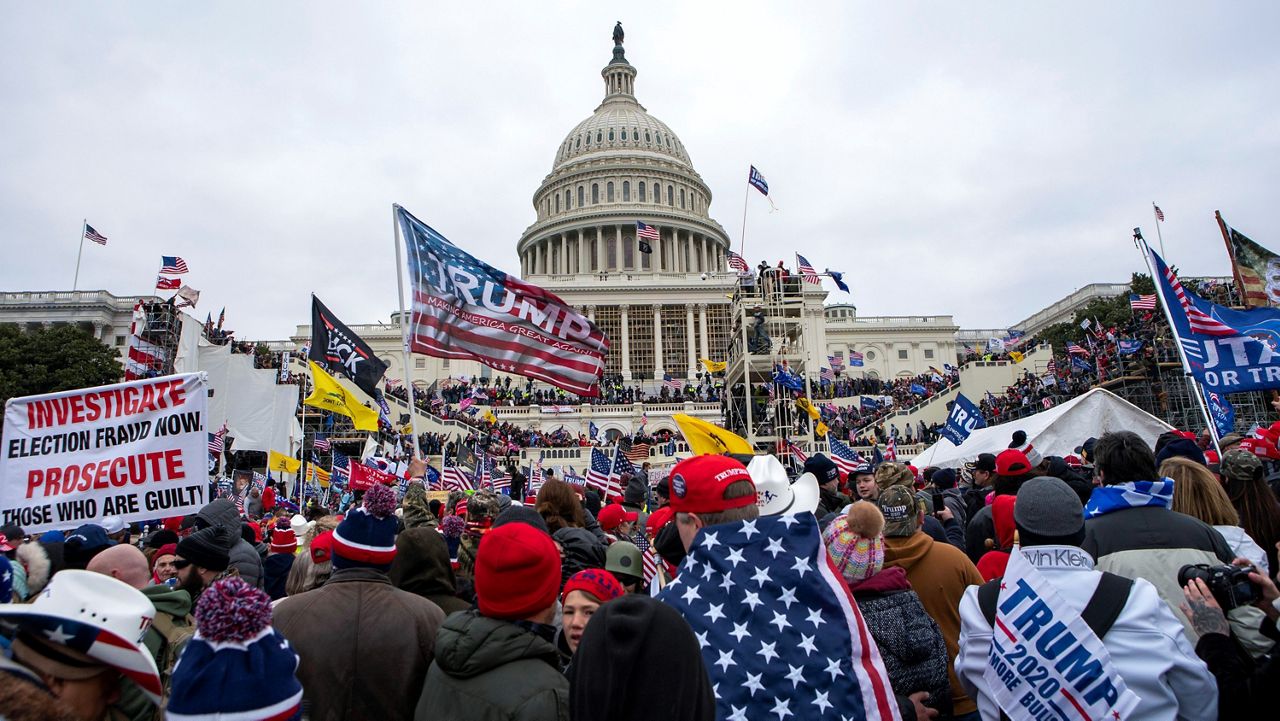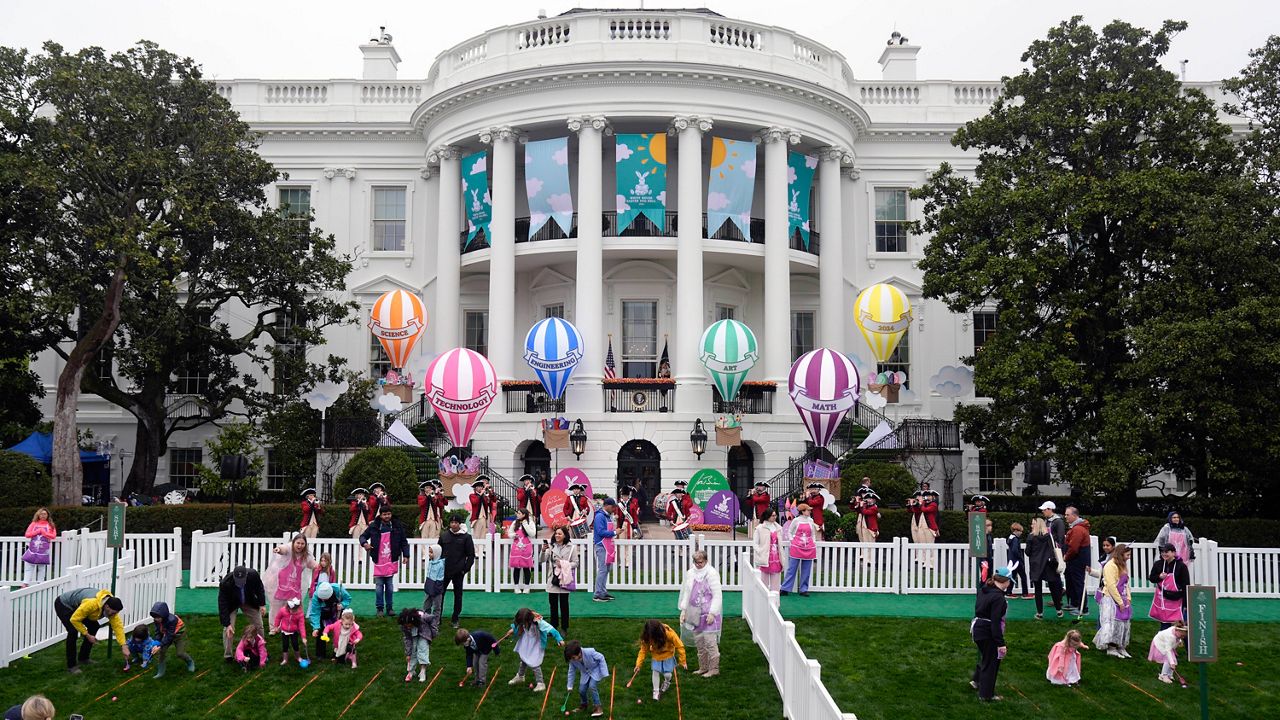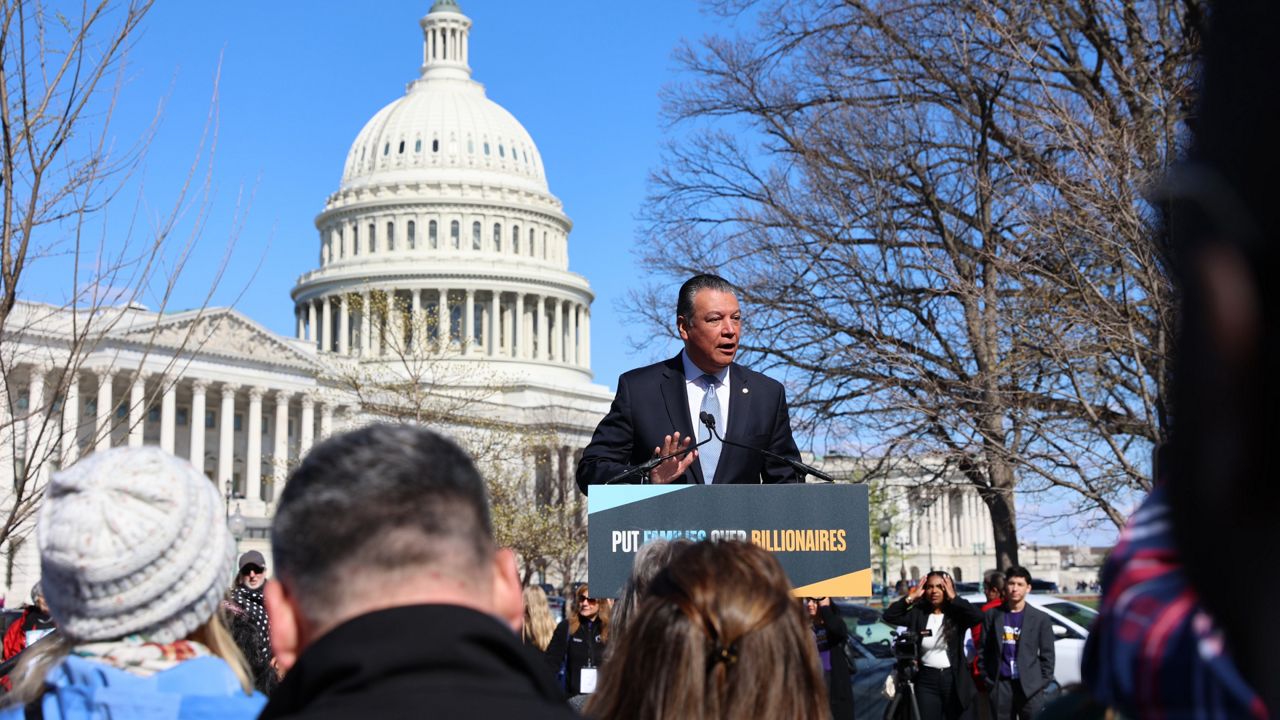A pair of Arizona lawmakers have started the state’s 2023 legislative session with bills seeking to set drag shows in the same legal box as strip clubs and adult cabarets.
The bills are among the latest salvo in a nationwide glut of local Republican legislation targeting members of the LGBTQ community.
But one organizer of drag shows in Arizona believes that the bills haven’t a snowball’s chance in a Phoenix summer of becoming law, owing to the state’s recently-elected Democratic governor.
“The most important thing to realize, with Katie Hobbs as governor, it’s a very different situation with these bills” than if far-right GOP candidate Kari Lake had won, said David Boyles, the president and treasurer of Drag Story Hour Arizona. The organization has partnered with public libraries and businesses across Arizona doing drag story and craft events since 2019.
The two drag show bills by State Sen. Anthony Kern seeks to define drag shows as "adult cabaret" performances, and would criminalize holding one in a place where it could be viewed by a minor, and would limit when and where drag shows could occur. They would also grant supervisory boards to create drag show permits and drag performer permits.
A third bill, proposed by State Sen. John Kavanagh, would withhold state funds from public entities hosting drag events ”targeting minors,” such as drag story hour readings at public libraries.
Spectrum News reached out to Kern and Kavanagh for comment on this story.
In interview published by the Arizona Mirror, Kavanagh said that the bill was drafted “after watching television reports of drag shows in which sex acts were simulated.”
The bill defines drag shows targeting minors as performances in which one or more performers wear clothing that stands opposite their gender assigned at birth to “exaggerate gender signifiers and roles” and sing, dance or act before people under 18 years old. Its text makes no mention of sex acts, simulated or otherwise.
Boyles wasn’t surprised by the lack of precision in the legislation, which he called “messaging bills”: proposals intended to draw clicks, to raise a signal to like-minded constituents or donors, or to distract.
“The main concern I have with these bills is not that they’re going to go into law, but as a part of a larger terror campaign that the extreme right wign is engaged in with the LGBTQ community, and drag performers in particular,” Boyles said.
Drag, as a performance art, has existed in the U.S. since at least the 1880s, when William Dorsey Swann — a formerly enslaved man — held drag balls in Washington, D.C., in the 1880s. Drag has evolved from an exaggerated performance of gender has broken beyond the narrow definition of “a man in a dress” bending the gender binary to a scene where performers of all identities — cisgender, queer and nonbinary alike — can slip into elegant, electric personas.
Though these bills ostensibly target only drag performances, they appear to be part of an ongoing socially-conservative attack on the lesbian, gay, bisexual, transgender and queer community. Unfounded allegations that drag shows expose children to sexuality stand alongside similarly unfounded allegations that the LGBTQ community seeks to "groom" children, Boyles said.
According to LGBTQ advocacy organization GLAAD, there were at least 141 anti-drag attacks across the United States in 2022, with 20 taking place in Texas, 10 in North Carolina, 6 in California and 2 in Arizona. Most infamously, about 45,000 people in North Carolina were plunged into darkness when power substations were attacked, which the local LGBTQ community believe was tied to a nearby drag performance. And in late December, dozens of anti-LGBTQ protestors — including members of the far-right Proud Boys — rallied outside of a drag story hour event in New York City’s borough of Queens.
Now, as legislatures across the country get to work, at least 18 states have proposed laws seeking to limit transgender rights. In Arizona, Kavanagh has also proposed a bill seeking to limit what pronounts and names students may use to refer to themselves.
“‘Queer people are harmful to children,’ is a very old message that goes back to Anita Bryant,” Boyles said, referring to the anti-gay activist who accused the gay community of “recruiting” children in a campaign dating back to the 1960s. By attacking drag shows, “they’re putting a new coat of lipstick on this particular pig,” Boyles added.
Should these bills pass through the Arizona legislature, it’s unlikely they would evade an executive veto at the desk of Gov. Katie Hobbs. Last week, in her first official act as governor, Hobbs signed an executive order strengthening worker protections for LGBTQ state employees and contractors.
But even still, should these laws bully their way through, Drag Story Hour Arizona promises not to go away. "Last year, before the election, we were making contingency plans if we were literally made illegal," Boyles said, without divulging details. "We don't have to worry about that currently, but we have plans in place."








